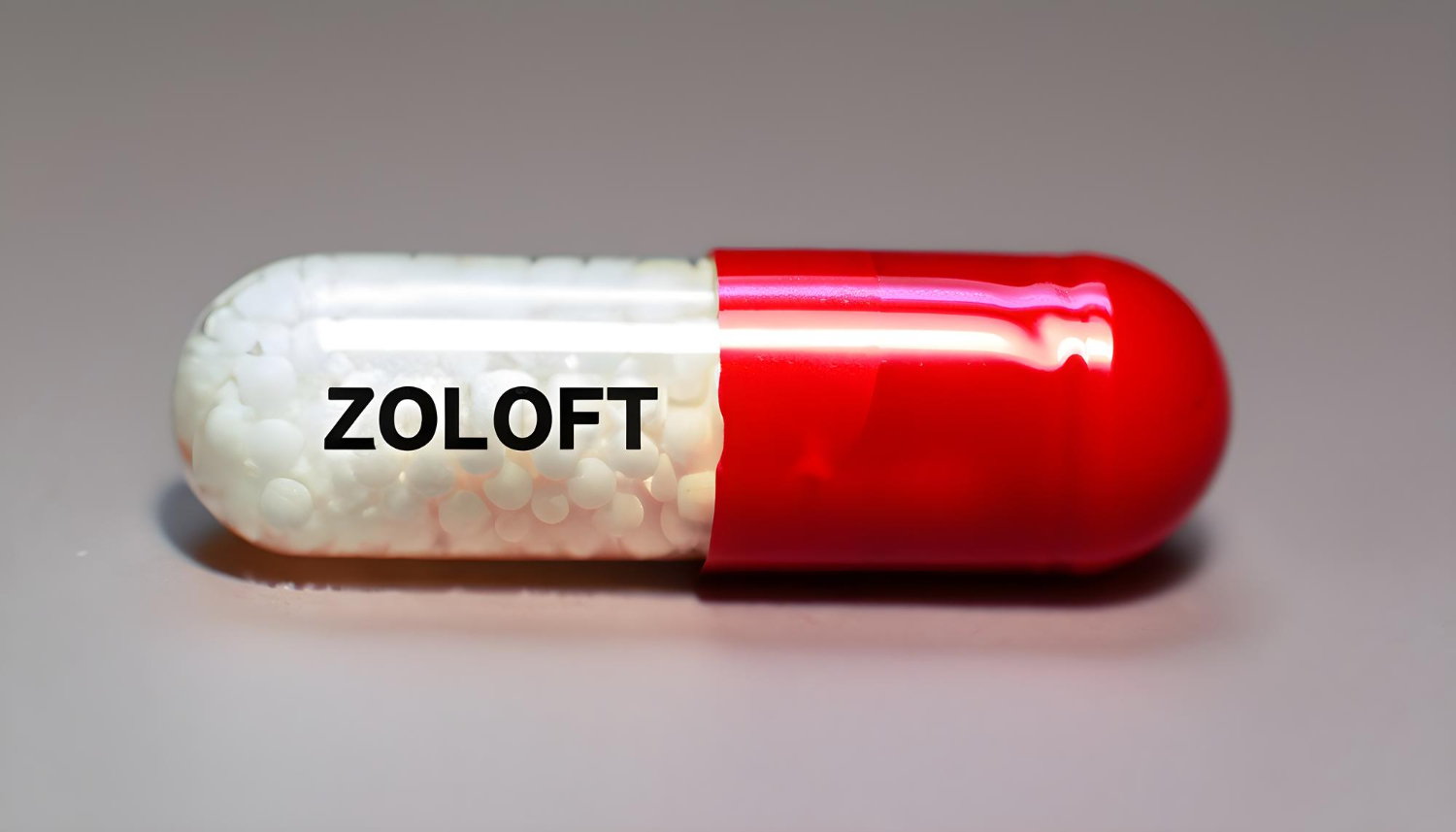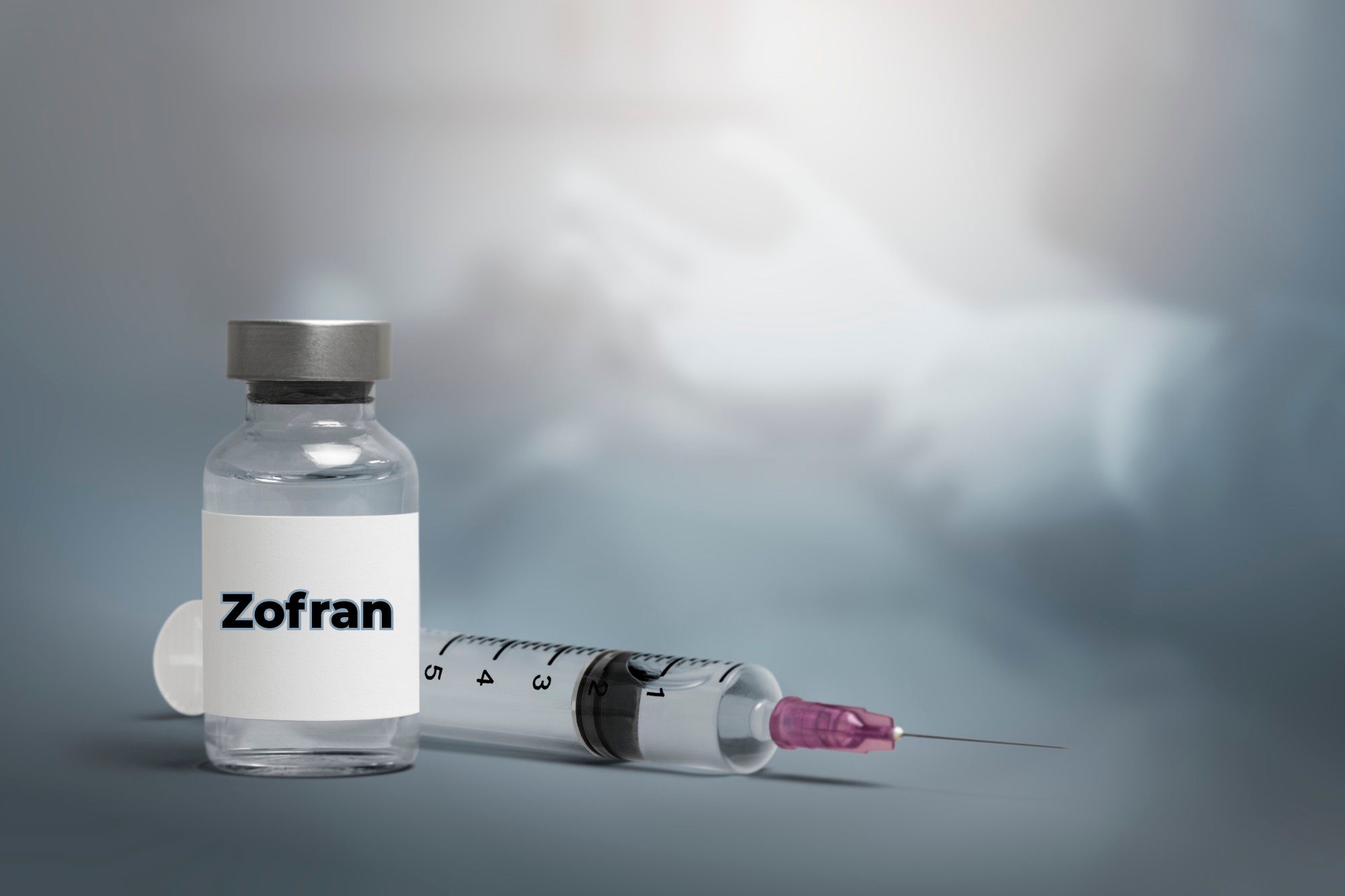Tenofovir works similarly for HIV infection and chronic hepatitis B virus infections. This drug blocks the reverse transcriptase effectiveness. Transcriptase is an enzyme that each virus requires to make a copy of itself. Reverse transcriptase blockage can aid in the reduction of virus content in the blood. This drug can also improve CD4 cell count which are white blood cells that fight infection.
The minor side effects of this Tenofovir include depression, back pain, diarrhea, headache, trouble sleeping, and rash. While the major side effect of this class drug is muscle pain, trouble breathing, feeling of coldness in legs, fever, fatigue, abdominal pain, dark urine, puffiness and decrease bone mineral density. The minor side effects go away in few days, while the major complication has to be reported to the doctor.
Tenofovir oral tablet can lead to severe consequences if it interacts with other medications, vitamins, or herbs that the patients are taking. The substance which interacts affects the functioning of this drug.
To avoid interactions, the patient should inform of all their other drug intake to the doctor. Before getting Tenofovir prescribed the doctor should know about all herbs, vitamins, or medications intake.
Aminoglycoside group antibiotics like gentamicin and amikacin should be avoided with Tenofovir. Diclofenac, ibuprofen, and ketoprofen which are Nonsteroidal anti-inflammatory drugs should also not be taken with Tenofovir. This should be done to avoid the risk of kidney damage. Hepatitis B, hepatitis C, and anti-viral drugs should also not be taken with Tenofovir.
The dosage of Tenofovir generally depends upon age, the severity of the condition, and other medical condition of the patient. For adults, who weigh a minimum of 35 kg should be given 300mg tablet daily. While for children, the dosage depends upon their weight.
As per the U.S. Food and Drug Administration’s Adverse Event Reporting System (FAERS), a total of 11,381 adverse event reports for Truvada has been reported from 2005 to September 30, 2019. Amongst these, 8,982 were serious which includes 718 deaths.
FAERS collects voluntarily data that are reported from manufacturers, patients, doctors, and others to get the side-effect idea about the drug in real-world practice. Unfortunately, the FDA cannot verify the actual cause of the problem for this drug.
Truvada comes with a black box warning for acute exacerbation of hepatitis B post-treatment. Patients who do not continue with Truvada or other drugs which contain tenofovir disoproxil fumarate might include severe flare-ups of HBV symptoms. This might require hepatitis therapy to be restarted. The black box warning also mentions the drug usage information for PrEP in patients who are HIV-negative.
The most common side effects of this class of drugs are temporary which last not more than a month. The long-term side effects of Truvada are major which can cause kidney and liver problems along with bone degradation.
Patients who have been affected by serious side effects can file lawsuits against Gilead Sciences, Inc. The court documents state that the drugmaker was unsuccessful to warn the public of these risks.
Still, hundreds of Truvada lawsuits are pending against Gilead in state and federal court in California, as per Tenofovir Disoproxil Fumarate makers quarterly report ending June 30, 2019. The company also has to face a class action in the state.
The majority of cases are up in California, while there are plenty more in other states including Delaware and Louisiana.
Gilead stated that it intends to defend itself against lawsuits by leaving no stone unturned. The TDF makers have expressed concern that a defeat against the plaintiff could mean losses for the company.
It is believed that cases are without merit, and Gilead cannot predict the ultimate outcome. If plaintiffs successfully prove their claims, the TDF makers will have to pay out significant monetary damages. Gilead read out these things in their 2018 annual report.
Gilead makes a huge amount of money from Truvada and other HIV products. These drugs contribute to 67 percent of the company’s revenue. The company earned $14.6 B from HIV drugs in 2018 which is $1.6B profit more than what was earned in 2017.
Gilead Sciences Inc. originally developed it under the brand name Viread, tenofovir disoproxil fumarate, or TDF. Gilead sells five different TDF brand name drugs in the United States, and the drug also comes in generic form.
Viread
Truvada
Atripla
Complera
Stribild
FDA Approval:
The U.S. FDA on October 26, 2001, approved Tenofovir disoproxil for the treatment of HIV, and on August 11, 2008, for the treatment of chronic hepatitis B.
Gilead Sciences, Inc.'s Truvada for the treatment of HIV-1 infection in adults was approved by the FDA on August 2, 2004.
The FDA approved Truvada for reducing the risk of sexually-acquired HIV infection in adults on July 16th, 2012.
The FDA expands approval for reducing the risk of HIV infection in adolescents on May 15, 2018.
In 2001, the first documented instance of kidney toxicity over the usage of TDF occurred in the United States, which was the same year the drug hit the market. The instance was reported by Willem D.F. Venter and the coauthors of a 2018 study in Southern African Journal of HIV Medicine. The patient suffered acute kidney injury (AKI), Fanconi syndrome, and nephrogenic diabetes insipidus.
AIDS Health Foundation (AHF), the largest global AIDS organization, sued Gilead in 2016, following which the TDF litigation began. The company was accused of manipulating the patent system by withholding from patients a more potent, less toxic drug called TAF.
Severe side effects:
High blood lactate
Enlarged liver
Serious Alleged Injuries May Include:
- Acute Kidney Injury Or Acute Renal Failure
- Chronic Kidney Disease Or Declining Kidney Function
- Fanconi Syndrome
- Kidney Tubular Dysfunction
- Osteopenia
- Osteoporosis
- Bone Fractures
FDA Safety Warnings:
2012: The FDA expanded the boxed warning to alert health care professionals that PrEP use of Truvada is only for “individuals who are confirmed to be HIV-negative before prescribing the drug and at least every three months during use.” They strongly recommended stopping the use in patients “with unknown or positive HIV status.”
Legal Updates:
Defendants:
Gilead Sciences Inc.
Defendant Law Firm:
Debra E. Pole, Joshua Anderson, Alycia A. Degen, Daniel A. Spira, Adriane Peralta, Anna Tutundjian, and Inn-Young Park of Sidley Austin LLP.
Timothy F. Daniels and Carlos A. Benach of Irwin Fritchie Urquhart & Moore LLC.
Allegations: Allegations include the manufacturer failed to warn about their tenofovir disoproxil fumarate HIV medication Truvada, Viread, Atripla, Complera, and Stribild led to kidney problems and bone loss.
Lawsuit Status:
The lawsuits are consolidated under MDL-2881, IN RE: Tenofovir Disoproxil Fumarate Products Liability Litigation, filed on December 19, 2018, in the Judicial Panel on Multidistrict Litigation.
MDL Status: Active and on appeal.
Important Verdicts & Settlements: Currently, there are no settlements made.
News
April 1, 2021: Federal Judge Allows A Truvada Lawsuit To Move Forward
On March 26, Judge Kevin McNulty of the U.S. District Court for the District of New Jersey rejected a dismissal motion filed by Gilead Sciences over a Truvada lawsuit, stating that the failure-to-warn claim is not preempted as the company was not barred from seeking FDA's approval for an enhanced warning.
Truvada is one of the five different Tenofovir Disoproxil Fumarate (TDF) brand name drugs sold in the U.S. TDF is an orally administered prodrug of tenofovir and is similar to Adefovir, which is used for the treatment of HIV and chronic hepatitis B virus infections. Truvada was approved by the FDA on August 2, 2004, for the treatment of HIV-1 infection in adults.
The lawsuit was filed by a man who started taking Truvada daily in 2005, and at the same time, he was diagnosed with kidney diseases. Five years later he started experiencing pain and the pain continued until 2018 when he was diagnosed with chronic pain related to musculoskeletal disorders.
Gilead was sued in the New Jersey Superior Court over allegations that the medication was defective because it caused kidney and bone damage, and Truvada’s label failed to warn about the risks associated with it.
Gilead filed a motion to dismiss, arguing that all of the claims are preempted and that the failure-to-warn claim is precluded by New Jersey law.
According to the latest opinion, Judge McNulty stated that the lawsuit alleges Gilead acquired new information about the side effects of its HIV drugs and did not pass on to federal regulators, which is the reason for dismissal as it is clear that the risks Gilead allegedly failed to warn about did not meet the definition of newly acquired information.
The lawsuit also noted that the company had conducted studies from October 2001 through May 2007, indicating that healthy individuals were experiencing adverse kidney events while taking Truvada, which the company failed to warn doctors to monitor patients for kidney problems after this new information became available.
June 8. 2020: Court Dismisses Taxotere Lawsuits Filed After December 2015
Taxotere lawsuits' presiding Judge Jane Triche Milazzo passed a defense motion to dismiss the cases filed after December 2015, when new warning labels were added about the risk of permanent hair loss associated with the chemotherapy drug.
A court order over the dismissal was issued on May 27 by Judge Milazzo. The motion included nearly 200 cases that sued Sanofi-Aventis, manufacturer of chemotherapy drug, Taxotere, administered for the treatment of breast cancer, or other forms of cancer. The lawsuits allege that the drug caused permanent alopecia, also known as permanent hair loss.
The motion rooted in the fact that in December 2015, the Taxotere label was updated to specifically warn about the risk of permanent alopecia, asking the court to grant summary judgment against these hundreds of plaintiffs as they were treated after the label change. The defendants alternatively argued that their claims were preempted.
Taxotere, also known as docetaxel, is a chemotherapy drug that doctors prescribe to treat several different cancers, mostly breast cancer. While the drug is effective at treating breast cancer, it is associated with several side effects, ranging from common skin reactions to very rare instances of leukemia.
Since Taxotere is a strong chemotherapy drug, its side effects tend to be more extreme than drugs that treat less serious issues such as high cholesterol or blood pressure. Doctors may lower the dose or prescribe drugs that reduce the risk of allergic reactions to deal with these types of side effects.
The drug carries a black box warning that includes five complications that can be severe or fatal: toxic death, low blood cell counts, liver toxicity, fluid retention, and hypersensitivity reactions.
Taxotere can occur during treatment or shortly after. Doctors check liver, kidney, and bone marrow function to make sure a patient can tolerate the chemotherapy drug and that any acute reactions can be treated.
Low white blood cell counts, also called neutropenia, can occur in people who take Taxotere. A more serious version accompanied by fever is called febrile neutropenia. Sometimes, it can be serious enough to cause an infection that requires hospitalization.
Neutropenia is a common side effect of most chemotherapy drugs. Usually, white blood cell counts drop around 10 days to 14 days after patients first get chemotherapy.
The first bellwether trial, held in September 2019, favored the drugmaker, over which the plaintiff is currently appealing. Plans for three other trials have been put on hold due to the current COVID-19 pandemic. Also, according to a case management order issued on May 26, the addition of a fifth bellwether trial along with four more claims to the pool was announced by Judge Milazzo.
Evidence:
- Usage In Pharmacy Records
- Duration Of Usage
- Indication Of Usage In Medical Records
Medical Record Review and claim validation of TDF Toxicity case should take approximately 3 hours in most instances; however, this approximation may vary in cases based on the volume of records.




